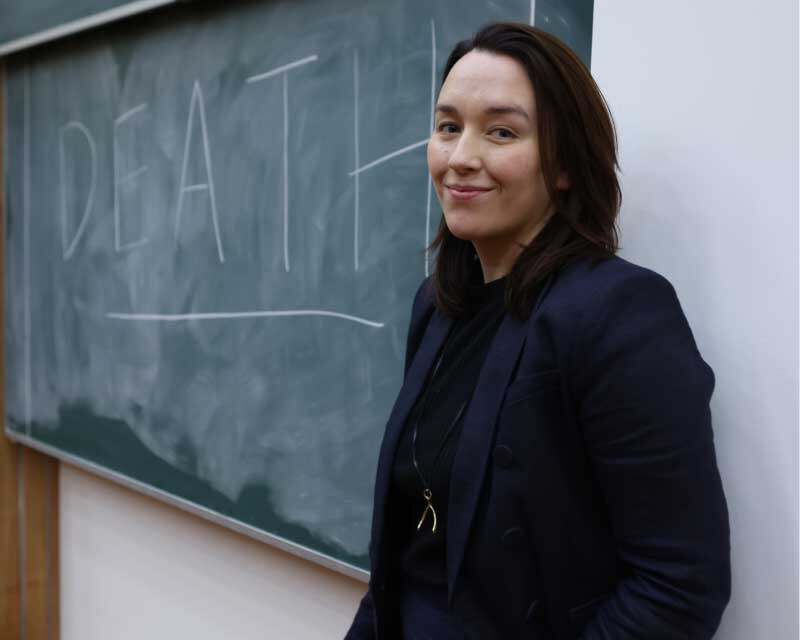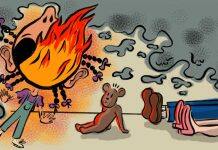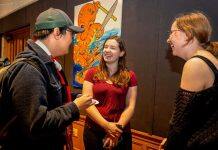The University of Melbourne has introduced elective subjects on death education to ensure students are well-equipped to deal with the tough realities of working in the medical sector.


Subject co-designer Dr Hannah Gould said, “the concept of death is shrouded in taboo and the lack of education in this space is leading to clinicians being vastly underprepared when entering the workforce. The aim of this subject is to break down the societal stigma by bridging the gap between our healthcare and deathcare systems. Many medical students who enrol, start off feeling anxious about dealing with death and some have admitted they’re worried about the guilt that may arise from losing a patient. Our goal is to help students overcome their fear by changing their outlook and helping them accept the fact that death is a central part of the job.”
The curriculum covers the diverse views surrounding death and dying, how to navigate end-of-life medical decision-making, cremation and burial processes, the importance of cultural sensitivity and compassionate communication when supporting terminally ill patients and their families, the importance of self-care for clinicians, as well as the impact of cultural and religious beliefs on end-of-life practises such as voluntary assisted dying.
The subject includes guest lectures from embalmers and funeral directors, site-visits to crematorium and morgues, as well as tutorials taught by a multidisciplinary team including palliative care nurses, spiritual care providers and general practitioners. Second year students are trained in delivering bad news to patients during simulations involving paid actors who play terminally ill patients.
“The feedback has been extremely positive and we’ve found multiple students went from being afraid of death to wanting to pursue a career in palliative care after completing the subject,” Dr Gould said.
Former President of the British Medical Association Sir Al Aynsley-Green recently visited the University of Melbourne to take part in a workshop to develop strategies for internationalising the course. The subject is also heavily featured in an upcoming 3-part BBC documentary series titled, “Ray Martin: The Last Goodbye”, which airs on SBS on August 14.
The subject has inspired University of Melbourne medical students Paris Matthews and Isabelle Ewert to embark on a mission to spark a national conversation around death and dying. The pair has launched a website and podcast titled, ‘A Dose of Grief’, which is aimed at changing the culture around dying, death, grief and bereavement through upskilling the next generation of healthcare professionals.
Paris Matthews said, “there is inadequate education in this space as the subject matter isn’t universally taught. We’re aiming to fill the gap by having open and frank discussions on our podcast as well as providing links on our website to educational resources, essentially creating a hub for clinicians to access support under the one roof.”
Isabelle Ewert said, “we hope to eventually extend our advocacy work by establishing day courses or workshops to help educate students who haven’t had the opportunity to undertake the death and dying subject.”
The subjects titled ‘Death and Dying: Lifting the Lid’, and ‘Death and Dying 2: When is dead really dead?’ were launched in 2022 and 2023 as part of the redesigned Doctor of Medicine (MD) program. The topic is taught over two years, providing students with a comprehensive overview of Australia’s deathcare system. The first subject started out with 50 enrolments during the first year and this year there are 90 students enrolled across both subjects.






































